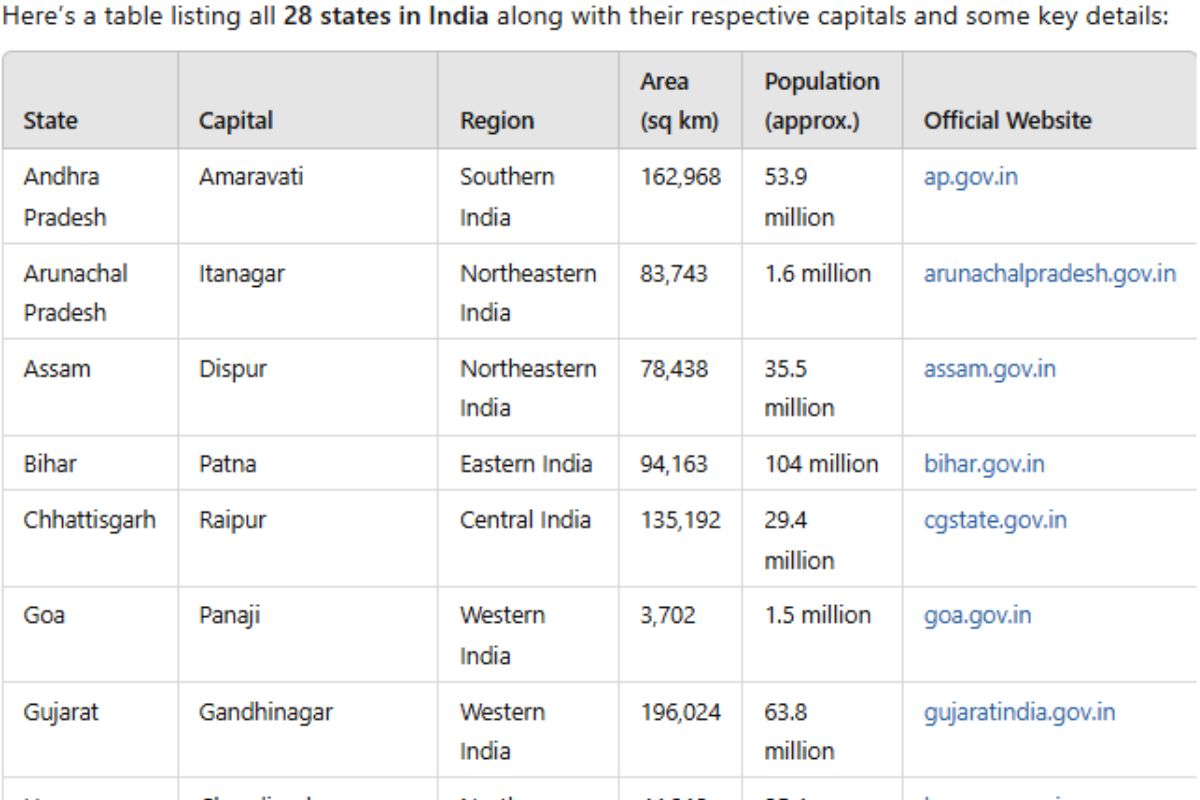
So, you’re eager to start your own blog, and you’ve got plenty of exciting ideas and stories to share with the world. But before you dive into the world of blogging, you need to choose the right platform to host your content. With numerous options available, each offering unique features and capabilities, selecting the best blogging platform is a crucial decision. In this blog post, we’ll explore some of the top blogging platforms, comparing their strengths and weaknesses to help you make an informed choice.
Before Reading This second chapter Read : How to Start a Blog: A Step-by-Step Guide for Beginners
1. WordPress.org
Pros:
- Unmatched customization: WordPress.org is highly flexible and offers complete control over your blog’s design and functionality.
- Access to a vast library of themes and plugins: You can find and install numerous free and premium themes and plugins to enhance your blog’s features.
- Ideal for serious bloggers: It’s perfect for those who want to take their blog to a professional level, offering scalability and extensive SEO options.
Cons:
- Requires hosting: You’ll need to find and pay for your own hosting, which can be overwhelming for beginners.
- Learning curve: The level of customization can be intimidating for newcomers, and it may take some time to master.
2. WordPress.com
Pros:
- Easy setup: It’s beginner-friendly, and you can have your blog up and running in no time.
- Hosting included: WordPress.com takes care of the hosting, so you don’t need to worry about technical aspects.
- User-friendly: The platform is intuitive and straightforward, making it accessible to bloggers of all levels.
Cons:
- Limited customization: You have less control over your blog’s appearance and functionality compared to WordPress.org.
- Limited monetization options: Earning money through ads or affiliate marketing is more restricted on this platform.
3. Blogger
Pros:
- Owned by Google: This provides excellent search engine visibility.
- Simple and user-friendly: Blogger is perfect for beginners, and you can quickly start your blog without any technical knowledge.
- Hosting is included: You don’t need to pay for hosting; it’s a free platform.
Cons:
- Limited design options: Customization is limited, and your blog may look somewhat basic.
- Limited growth potential: As your blog grows, you may find it challenging to scale and add advanced features.
4. Wix
Pros:
- Drag-and-drop website builder: Wix’s user-friendly interface allows you to create a visually appealing blog without any coding knowledge.
- Hosting included: It takes care of hosting, security, and maintenance.
- Many templates: A wide range of templates is available for various blog niches.
Cons:
- Limited SEO options: While it’s improved in recent years, Wix still lags behind platforms like WordPress in terms of SEO capabilities.
- Limited scalability: Wix may not be suitable if you have ambitious plans for your blog’s growth.
5. Medium
Pros:
- Built-in audience: Medium has an existing reader base, which can help you reach a wider audience.
- Focus on writing: You can concentrate on content creation without the need for website maintenance.
Cons:
- Limited branding: Medium restricts your branding options, making it challenging to establish a unique identity.
- Limited monetization options: While Medium’s Partner Program allows you to earn money, it’s not as lucrative as other methods.
Remember that the “best” platform for your blog depends on your specific needs and goals. Consider factors like your technical skills, budget, design preferences, and long-term objectives when making your choice. Regardless of your decision, the key to successful blogging ultimately lies in the quality of your content and your commitment to engaging your audience. So, pick a platform, get started, and share your passion with the world!
Read our complete series of successfully blogging :
Blog Series: The Ultimate Guide to Successful Blogging
Chapter 1 : How to Start a Blog: A Step-by-Step Guide for Beginners
Chapter 2 : Best Blogging Platforms: Finding the Perfect Home for Your Blog
Chapter 3 : How to Make Money Blogging: A Comprehensive Guide
Chapter 4 : Blogging Tips: Unlocking the Secrets to Successful Blogging
Chapter 5 : Blogging Ideas: Fueling Your Creativity
Chapter 6 : SEO for Blogging: A Comprehensive Guide
Chapter 7 : Social Media for Blogging: A Comprehensive Guide
Chapter 8 : Blog Promotion: Strategies to Boost Your Blog’s Reach and Influence
Chapter 9 : Blog Monetization: Turning Your Passion into Profit
Chapter 10 : Blogging Niche: Finding Your Blog’s Unique Path





